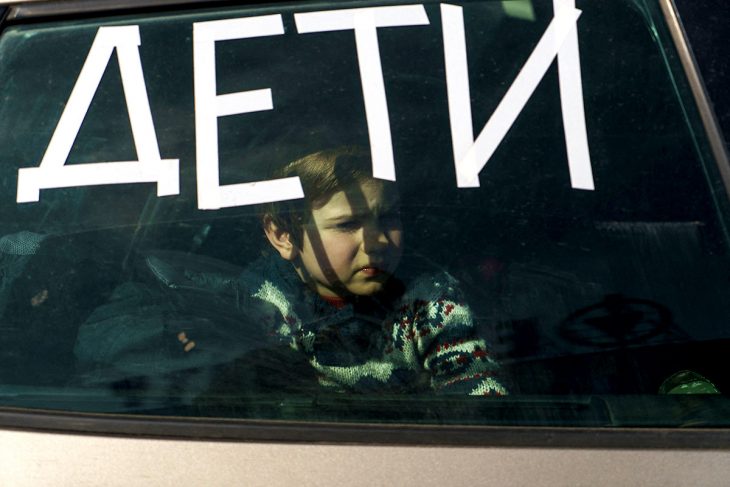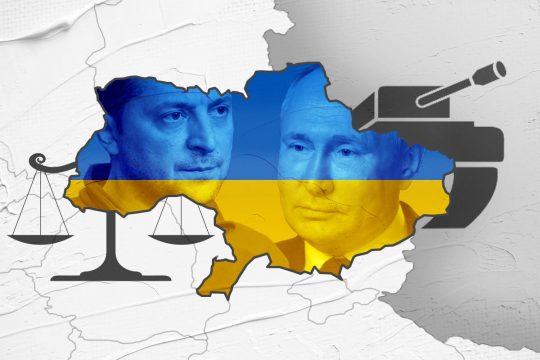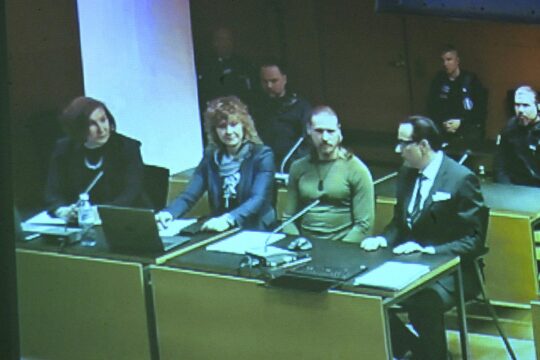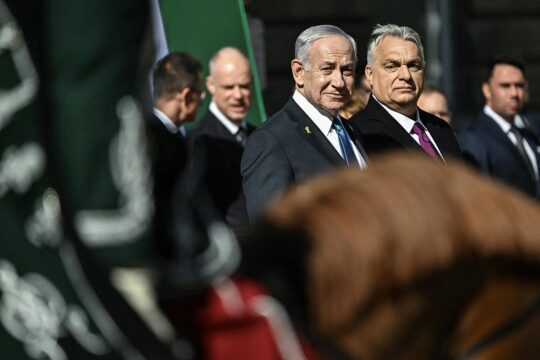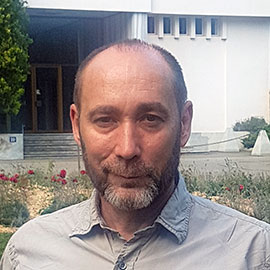It is the dogged and evergreen journalist Marlise Simons, a soothing and illuminating figure of international criminal justice journalism for the past 25 years, who announced it before anyone else in the newspaper she has served for more than 40 years. In an article published in the New York Times on 13 March, she revealed that the prosecutor of the International Criminal Court (ICC) intends to seek arrest warrants for Russian officials for war crimes in Ukraine and specified the nature of the first two cases that Karim Khan intends to present to ICC judges.
According to the American daily, the first case concerns the abduction, forced transfer and re-education in camps in Russia of Ukrainian children taken from areas invaded by the Russian army from 24 February 2022. The New York Times states that "as part of a Kremlin-sponsored program, [children] were taken from Ukraine and placed in homes to become Russian citizens or sent to summer camps to be re-educated" and that Moscow "has made no secret of its program, presenting it as a humanitarian mission to protect orphaned or abandoned Ukrainian children from the war". Several thousand children are said to be involved.
After his last visit to Ukraine in early March, Khan said that "children cannot be treated as the spoils of war". He had visited a childcare centre in southern Ukraine that "was empty, a result of alleged deportation of children from Ukraine to the Russian Federation or their unlawful transfer to other parts of the temporarily occupied territories," according to the press release issued by the prosecutor's office on 7 March.
An opportunity for the ICC to improve its image
The second case would involve deliberate Russian strikes against civilian infrastructure, "including water supplies and gas and power plants, which are far from the fighting and are not considered legitimate military targets", according to the New York Times. In his 7 March statement, Khan also said he was investigating attacks on "critical civilian infrastructure" and that he had visited the sites of several of these Russian strikes.
The US daily said it had no details of the individuals targeted by the prosecutor, but that there were several. The journalist also pointed out that ICC judges usually take months to authorise or reject applications for arrest warrants. But the hot potato will soon be in their hands and a little less, for a while, in the prosecutor's.
For the past year, the ICC prosecutor has put all his energy into trying to put the court back in the centre of the game with this major conflict in the heart of Europe. Khan took office in June 2021, in a very weakened and lacking in credibility international court, marked by poor and minor results in terms of convictions, heavy failures in its most notorious cases, judges more concerned with their material privileges than with a radical reform of the bureaucratic and disconnected functioning of their court based in The Hague, in the Netherlands.
The conflict in Ukraine has brought back to the forefront an international justice system that had been in decline, rehabilitating it as a strategic instrument of international relations, of conflict resolution, and even as an unarmed means of winning a war. From the very first days of the Russian invasion, the Ukrainian authorities were able to activate all the instruments of international justice (International Criminal Court, International Court of Justice, European Court of Human Rights), to mobilise the cooperation of States in support of the Ukrainian national justice system, with in particular strong American and British support, or in the regional framework of Eurojust. The ICC prosecutor quickly realised the opportunity to enhance the role of the court, and the sudden willingness of several of its key donors, such as the European Union states, to strengthen the ICC and forget its many shortcomings, in particular the fact that the prosecutor's office, which has been dealing with the Ukrainian case since April 2014, had not taken the slightest action in eight years on this situation.
Making a mark on public opinion
Khan was thus able to mobilise a strike force of 46 international investigators for his investigations in Ukraine alone, a record. He obtained new financial resources. And he has managed to remain an important player in the judicial game, making four visits to the field, appearing with Ukrainian prosecutors at the scene of high-profile war crimes or in meetings in Kyiv with President Volodymyr Zelensky. But he also knows that his credibility, and that of the ICC, will depend on the concrete results he achieves. By submitting arrest warrants to the judges a year after the Russian invasion, Khan wants to demonstrate that, under his leadership, investigations can be carried out effectively and in a timely manner. By focusing primarily on children’s forced transfer and the illegal destruction of civilian infrastructure, he is choosing emotionally charged crimes that can powerfully evoke solidarity with vulnerable Ukrainian populations and make an impression on public opinion.
The prosecutor's action will inevitably cause a political shock at first. But the Court remains vulnerable to stalling, not least because of the risk of having no Russian defendants in the box and being under pressure to trace its accusations to officials at the highest level of the Russian state.


